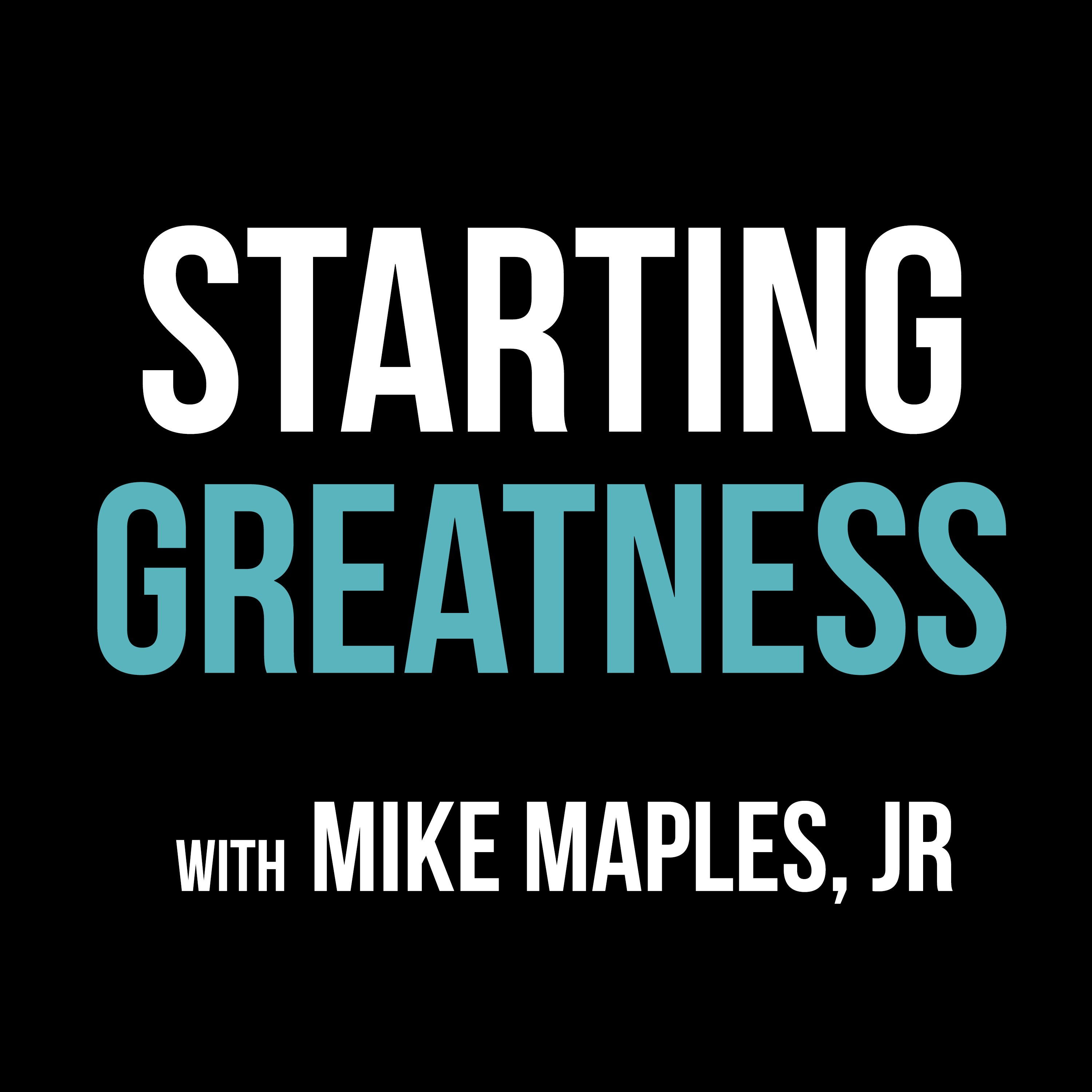Startup products initially appeal to innovators, people who like to be the first to try the newest thing. They seldom spend a lot of money, but they're super important because they curate new ideas for everyone else who follows.
Then come the visionaries. These people are the trailblazers who are living in the future, and they see an opportunity for a new product to solve a burning problem that's blocking that better future. They're willing to take a leap of faith on a proof of concept.
Then come the pragmatists. No matter how well the product serves their needs, they need social proof to buy it. They're more motivated by not getting fired than by living in the future. They start using a product when they feel left out because all their other friends are starting to use it.
Jeffrey Moore shows that a startup needs to dominate a niche of passionate, visionary early adopters, but then expand from that position of strength, to early niches of pragmatist.
The problem with skipping the early adopters is that you run into a Catch 22. The early majority pragmatists won't buy until they see others like them are buying. They will be happy to meet with you, but they will sap you of your energy and meeting after meeting.
First, you want to have common desperation. Ideally, your prospects have already tried to solve a problem, but no solution was good enough. When they see your product, they should ask -- Where have you been all my life? They should be desperate to see you again and should be pushing you to deliver a solution that solves their desperation immediately.
The absence of your solution is not the valid definition of desperation. Desperation has nothing to do with your product, and it has very little to do with you, and everything to do with why someone is desperate.
Second, you want to offer tangible results. Grow leads by 500% or double your promoter score...etc.
Third, you need a believable solution. Your product needs to be focused enough to crush the target job to be done. You can't just wave your hands, and you can't just have the product perform according to a specks, you have to achieve the outcomes the customer seek. They have to believe you could deliver the solution to their desperation, and they have to believe that they themselves can deliver on their end of the bargain as well.
This has to do with them as much as you. They need to believe that you can do what you say you will do, but they also need to believe that they have the ability to make the solution work in their organization or their own life.
Often you'll find that the customer doesn't believe in their own ability to make your solution work, but they have too much pride to tell you.
Case studies and word of mouth are especially important to build on this front. Use well defined personas; specific names of specific people at specific customers, and you want to understand the precise criteria for why they're on your target list.
Fifth, you need to demonstrate your difference in a way that causes people to root for you. You want to do something that causes people to believe that you think different, that you are one of a kind and not a commodity.
